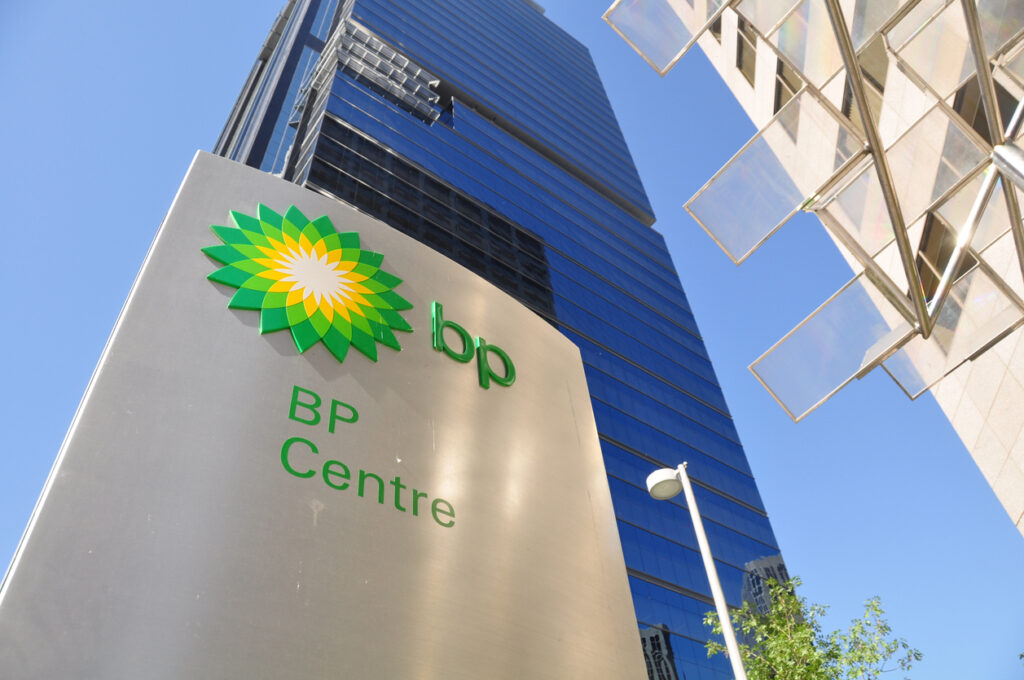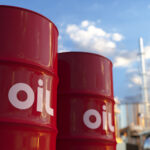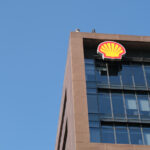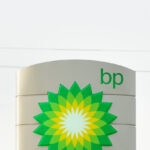(BOE Report) – BP has been the subject of takeover talks for several years due to its shares’ relative underperformance, but analysis of its disclosures shows the British energy firm may not be as cheap as its market valuation would indicate.
BP says it has net debt of $27 billion – already more than some rivals – but its disclosures show that it has around $38 billion of additional liabilities.
“We see BP’s all-in debt profile as something of a poisoned chalice for an acquirer,” RBC analysts said.
The $80 billion company has underperformed its competitors for years, which investors and analysts say has made the company a potential takeover target.
Companies seen as potential suitors have included British rival Shell, along with U.S. oil majors such as Exxon Mobil or Chevron.
Abu Dhabi National Oil Company considered a takeover in 2024, but did not proceed, Reuters reported.
BP declined to comment.
SHARES UNDERPERFORM
BP’s stock has underperformed its peers since 2020 when its pivot to renewable energy left it lagging behind when global and gas prices surged.
Despite new CEO Murray Auchincloss reversing course, the shares have continued to underperform in 2025.
COMPLEX LIABILITIES
Beyond its declared net debt of $27 billion, BP carries three major additional liabilities.
The largest of these are some $17 billion in hybrid bonds which blend debt and equity traits. While they pay fixed income like bonds, issuers can skip payments, making them riskier and costlier. These often do not count as debt, helping preserve credit ratings. TotalEnergies holds about $12 billion in hybrids, while Shell has none.
BP also has $12.5 billion in lease obligations for assets such as vessels and rigs. Unlike Shell, which includes $28.5 billion of such liabilities in its $41.5 billion net debt, BP excludes them.
Finally, BP is still paying for the 2010 Macondo disaster, when a blowout at an offshore platform in the Gulf of Mexico caused one of the world’s worst oil spills.
BP still owes $8 billion from the spill, part of a $70 billion total cost, company disclosures show. This remaining liability is also excluded from its net debt.
RATIOS
Shell CEO Wael Sawan has long argued that buying back Shell’s own stock offers better value than investing in BP.
Analysts point to BP’s higher all-in debt load as a key reason.
While BP’s share price may appear cheap, financial measures such as EV/DACF (enterprise value/debt-adjusted cash flow), which compares a firm’s value to its cash generation, tell a different story.
“BP’s stock may look inexpensive from a share price point of view, but that masks the additional liabilities needing to be absorbed, with the current shares trading largely in line with Shell on EV/DACF,” said UBS analyst Joshua Stone.
BP’s valuation could improve if it completes its $20 billion asset disposal plan by 2026. But for now, it remains more leveraged than Shell, which limits its free cash flow.
“Overall, we still believe it likely that no deal will be agreed. BP carries significantly more debt than Shell,” said Henry Tarr, co-head of energy and environment research at Berenberg. “This leverage eats into its free cash flow generation.”
(Reporting by Shadia Nasralla; editing by Dmitry Zhdannikov and Louise Heavens)







